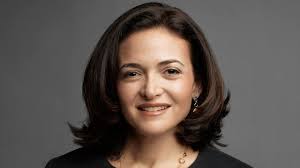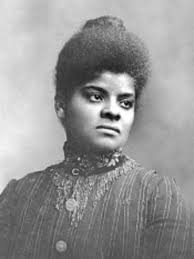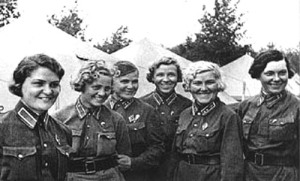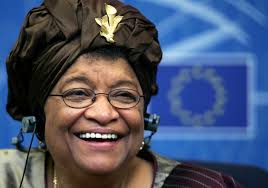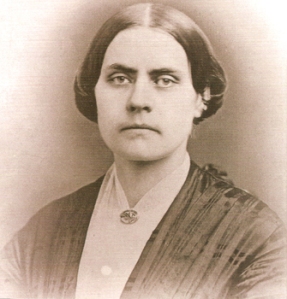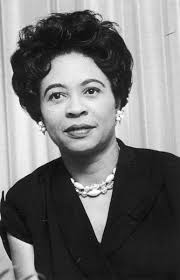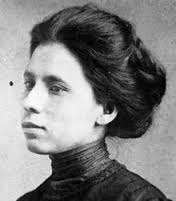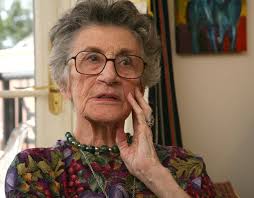So friends and followers, after one hundred posts and one hundred amazing and inspiring women, this blog finishes its mission. The last one hundred days have definitely taught me a lot as I researched and wrote about women who made a difference in their own hometowns, countries, or the world, for themselves and for others who needed them, and I hope you learned a little too. Sometimes our little struggles in life don’t seem quite so big when you think about the work Mother Theresa did or the perils Irena Sendler faced. It’s a little easier to look outside yourself when you think of what some women did for others and how they risked their own lives and safety out of compassion. And maybe our goals seem a little more achievable when we remember the things our heroines of the past achieved. I hope you learned something from this blog, but I really hope that you were inspired by something you read–inspired to be compassionate like Lou Xiaoying, brave like Harriet Tubman, smart like Marie Curie, enterprising like Biddy Mason, adventurous like Amelia Earhart, and willing to fight for you rights like Susan B. Anthony and the rest of the suffragists. Some of these women were leaders and politicians, and some were the greatest minds of their day, but many of them were just everyday people with a passion and a dream. But whoever they were, they all made a difference, and you can too. I hope you’ll be inspired to dream great dreams and to make a difference in your own life and your own world as the very special, strong, and kind person that you are. Thank you so much for all of the follows, likes, and views, and thank you for being a part of this journey with me. It’s been a blast.
Today, be inspired to…Make a difference. The world is changed by people like you.
